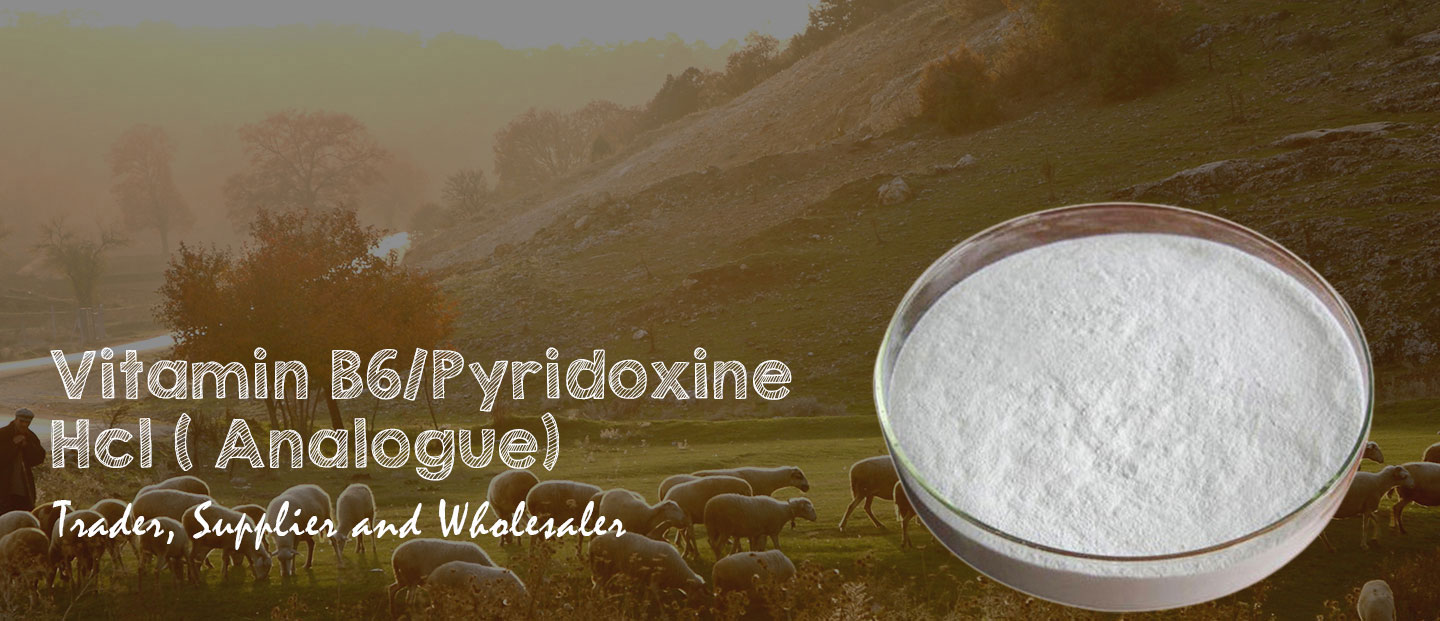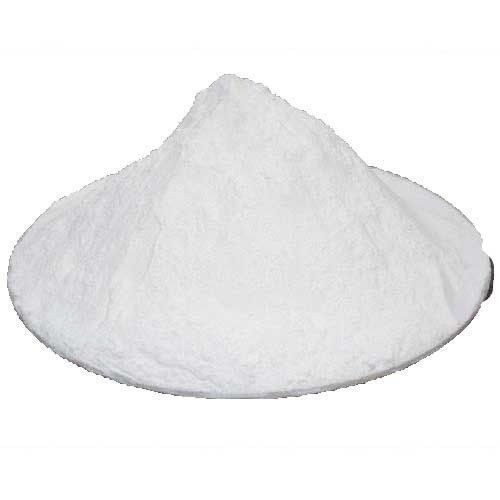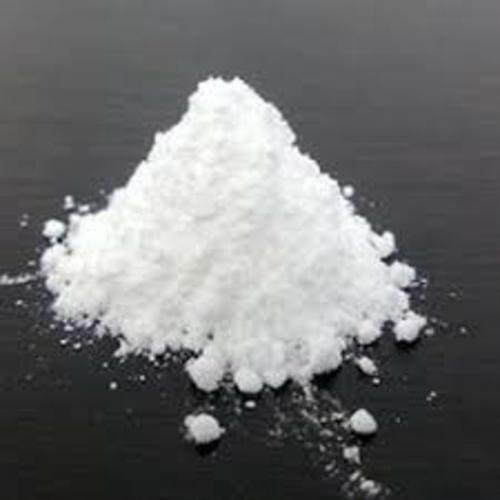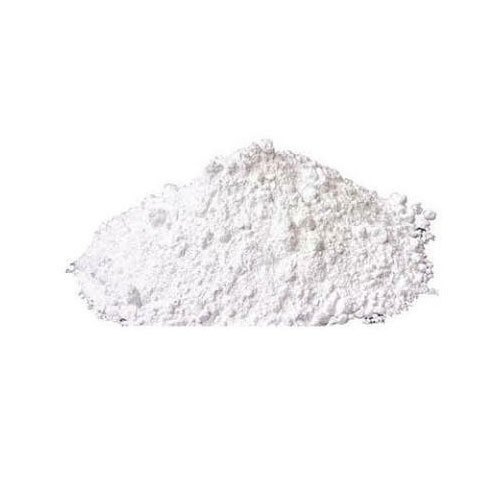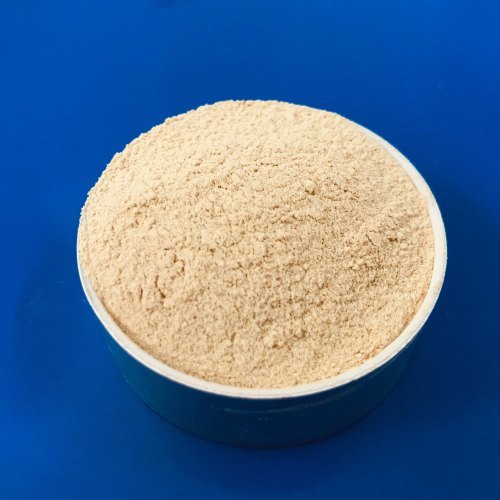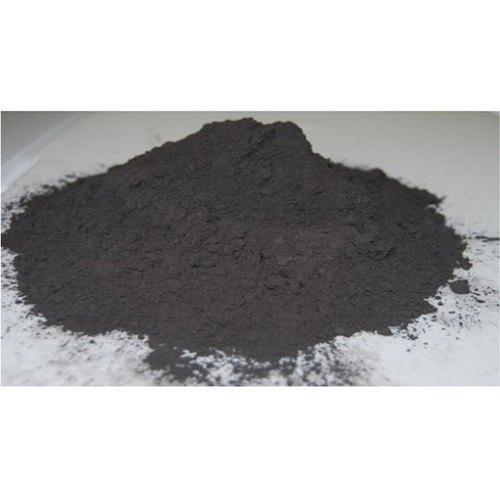Product Description
Virginiamycin 11% is high-grade feed supplement promotes the health and development of animals. It has a purity of 99% ensuring reliable and excellent performance. The product comes in a powder type that is very soluble in water, hence very easy to mix in feeds for animals. It is mainly used as an antibiotic to prevent and cure infection cases in animals which would enhance their productivity as a whole. The feed compound has one year of shelf life if properly stored. It is identified through its CAS No as 11006-76-1 and its strong formulation has helped continue keeping animals healthy with better feed conversion and weight gain. Virginiamycin 11% is an excellent product designed to be used by farmers and feed manufacturers for efficient livestock health management.
Virginiamycin intensive poultry farming growth promoter. Virginiamycin poultry veterinary medicine virginiamycin is intended for use in broiler chickens for the treatment of necrotic enteritis, a common frequently fatal gastrointestinal disease in poultry caused by toxigenic strains of Clostridium perfringens.
Virginiamycin has also been used as a growth promoter. The use of virginiamycin as a feed additive in pigs and poultry can result in the selection of resistance in faecal enterococci with cross-resistance to quinuspristin/dalfopristin, which has been used in human medicine to treat VRE infections.
In veterinary medicine virginiamycin is intended for use in broiler chickens for the treatment of necrotic enteritis, a common frequently fatal gastrointestinal disease in poultry caused by toxigenic strains of Clostridium perfringens.
Virginiamycin is a peptolide antibiotic consisting of a predominant M fraction (C28H35N3O7) and the lesser S fraction (C43H49NO10). The S and M fractions have bacteriostatic and bactericidal activities when they are used separately and together, respectively. Virginiamycin is not known to have synergistic activity with other classes of antibiotics.
Virginiamycin inhibits protein synthesis by binding to the 23S ribosomal subunit and blocking the translation process, with no effect on transcription. It is not commonly used to treat bacterial infections in domestic animals despite possessing a broad-spectrum antimicrobial activity. Most often it is used as a feed-additive formulation for growth promotion in animals such as swine, turkey, and broiler chickens.
These compounds, such as bacitracin, avoparcin and virginiamycin, are large peptide molecules that often contain D-amino acids. They are similar to biological matrix components, which is one of the major.
Its two-fold performance associated with its status as both a growth promoter and therapeutic agent makes Virginiamycin quite effective in intensive livestock systems. It kills infections by attacking the pathway of protein biosynthesis in the pathogenic bacteria, thereby enhancing weight gain and feed efficiency. It can be incorporated easily into poultry and swine diets because it can fit well into routine feed protocols. Having good results in preventing such diseases as necrotic enteritis, it promotes the general health of the herd and lowers the risk of mortality. A trusted veterinarian ingredient already employed extensively in commercial animal farming, Virginiamycin is an excellent tool to achieve productivity improvement, gut health, and sustainable animal husbandry at stable performance levels.

 English
English Spanish
Spanish French
French German
German Italian
Italian Chinese (Simplified)
Chinese (Simplified) Japanese
Japanese Korean
Korean Arabic
Arabic Portuguese
Portuguese
